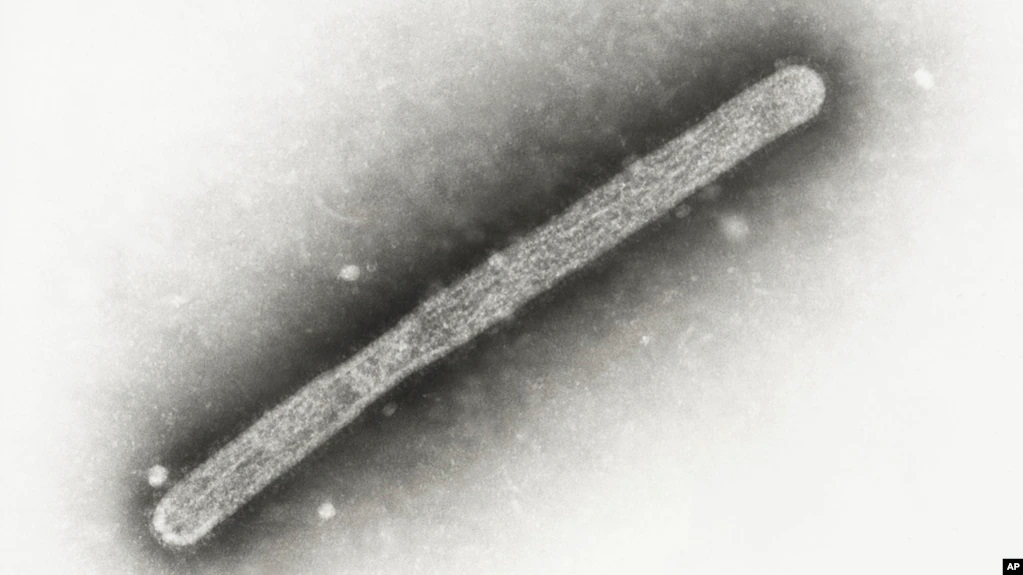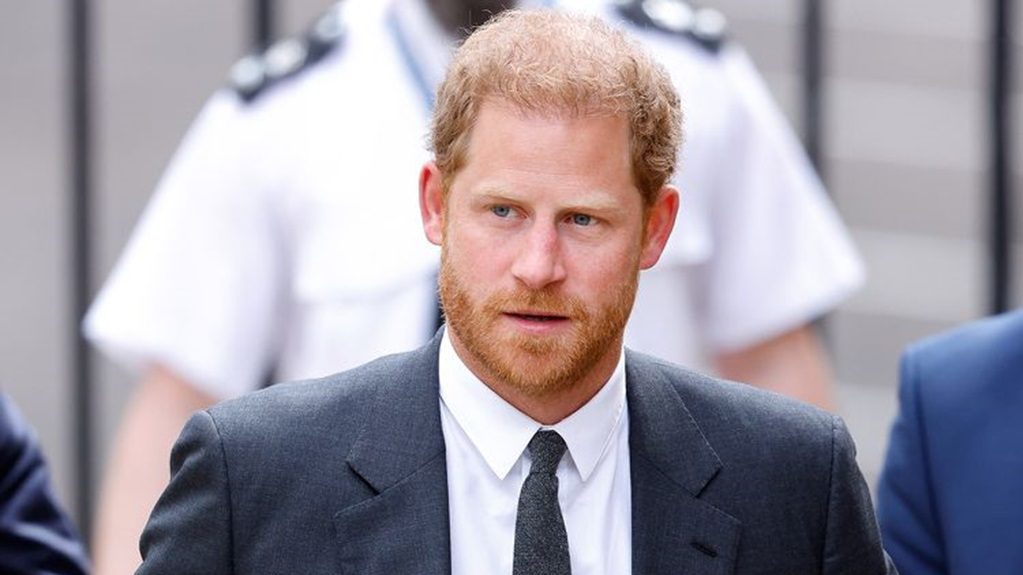World’s first whole eye and partial face transplant gives Arkansas man new hope
Written by worldOneFm on November 9, 2023
A surgical team at NYU Langone Health in New York had performed the world’s first successful whole-eye transplant in a living person: her husband, Aaron James.
After an accident at work led to the loss of his left eye and part of his face, Aaron was given a new window to his soul, as well as a partial face transplant.
When Meagan peered into her husband’s new eye for the first time, she noticed the post-surgery swelling and saw that the eye was brown. Aaron naturally has ocean-blue eyes.
She also saw his new nose, lips and cheek, which already had some beard stubble growing. She saw a face filled with gratitude, and that’s when the emotion set in.
She was happy for her husband of 20 years.
“It was a crazy, great, weird, strange, ecstatic, happy feeling,” Meagan said. “I was just happy he made it through, and everything was good in the moment.”
On that day in late May, a team of more than 140 surgeons at NYU Langone Health completed Aaron’s transplantation procedure, which lasted about 21 hours. The surgery included transplanting the entire left eye and parts of the face from a single donor. It was a medical first.
Aaron’s eye is now showing “remarkable” signs of health, according to his medical team. Although he can’t see out of the eye, he remains hopeful that vision might come with time — and that his first-of-its-kind procedure may help advance transplant medicine.
“That’s really my biggest hope,” Aaron said. “If I can see out of it, that’s great. But if it’ll kick-start the next path in the medical field, then I’m all for it.”
A life-changing accident
Seeing Aaron’s new eye and face “wasn’t as big of a shock” as seeing him the night of his accident, Meagan said.
Aaron, a 46-year-old military veteran based in Arkansas, worked as a high-voltage power lineman, and that night in June 2021, he was working with his colleagues in Mississippi when his face accidentally touched a live wire.
The deadly 7,200-volt electric shock caused extensive injuries to Aaron’s face: his left eye, his entire nose and lips, his left cheek area and chin, as well as his left arm.
Back in Arkansas, Meagan and their daughter, Allie, who was in high school, were driving home from the grocery store when Meagan’s phone rang. She didn’t recognize the number, but she still answered. She heard the words “Aaron,” “accident” and “serious.”
Meagan immediately packed a bag when she got home and then drove about four and a half hours to Mississippi, where Aaron was being cared for at a local hospital. During the drive, her phone rang again. This time, it was a doctor. The doctor described Aaron’s condition and explained that he had been electrocuted.
“Is he OK? Is he going to be OK?” Meagan asked. She recalls the doctor responding, “The only thing that I can promise you is that he won’t die before you get here.”
Meagan remembers that she would tell Aaron to “be careful” every morning before work. She still thinks back to the morning of his accident and wonders whether she told him to “be careful” that day.
‘Oh, my goodness, his face is gone’
Meagan remained by Aaron’s side as he was transported to different medical centers for more intensive care, for reconstructive surgeries and to have his left arm amputated.
After he was flown to a burn unit in Dallas, Allie, who was staying with her grandmother at the time, was able to visit him.
“When I saw him, his chinbone was exposed,” Allie said.
“I could see his eye socket and everything. I was seeing his skull, and I think that’s the part that was kind of freaky for me. I was like ‘Oh, my goodness, his face is gone,’” she said. “Most of my worries was just how he was going to be when he was awake and aware.”
Aaron said he doesn’t remember the accident at all.
“Basically, I got up, went to work and woke up six weeks later in Dallas, Texas,” he said. “It’s a weird feeling when you just all of a sudden wake up in a hospital.”
The first time Aaron saw himself after the accident was from his hospital bed in Dallas. He asked Meagan to take a photo, but she hesitated.
“She said, ‘Are you sure?’ I said, ‘Yeah, it’ll be fine,’” Aaron said.
“She took a picture, and she spun the phone around, and I was just like, ‘Oh, my goodness, this is a bad deal right here,’” he recalled. “I mean, I felt OK, so I knew I was going to be OK. We were just going to have a long road ahead of us.”
Aaron’s medical care team had mentioned the option of a face transplant to Meagan. When she then brought it up to Aaron, he said he was “all for it.”
“As soon as the face transplant got talked about, that’s when I thought, ‘Man, this is a big deal,’ because they just don’t do those every day,” he said.







